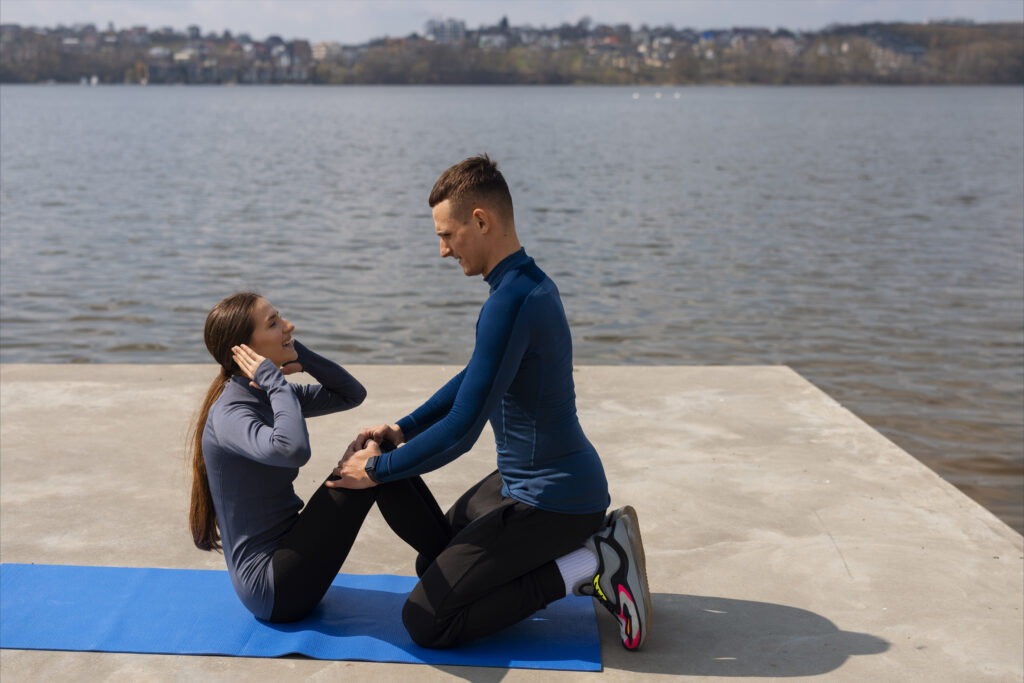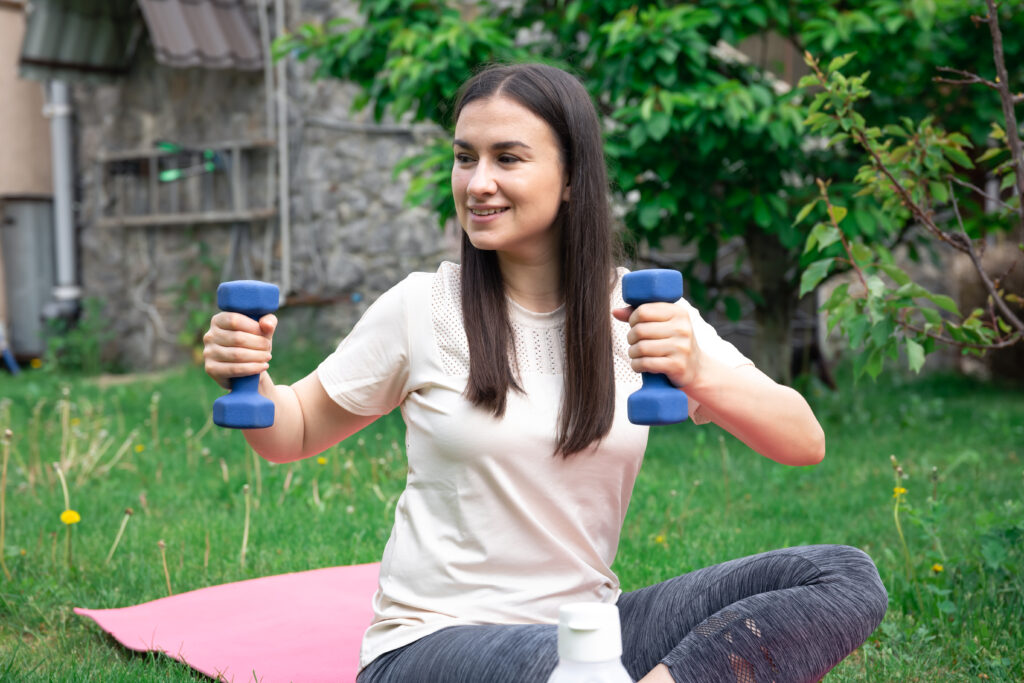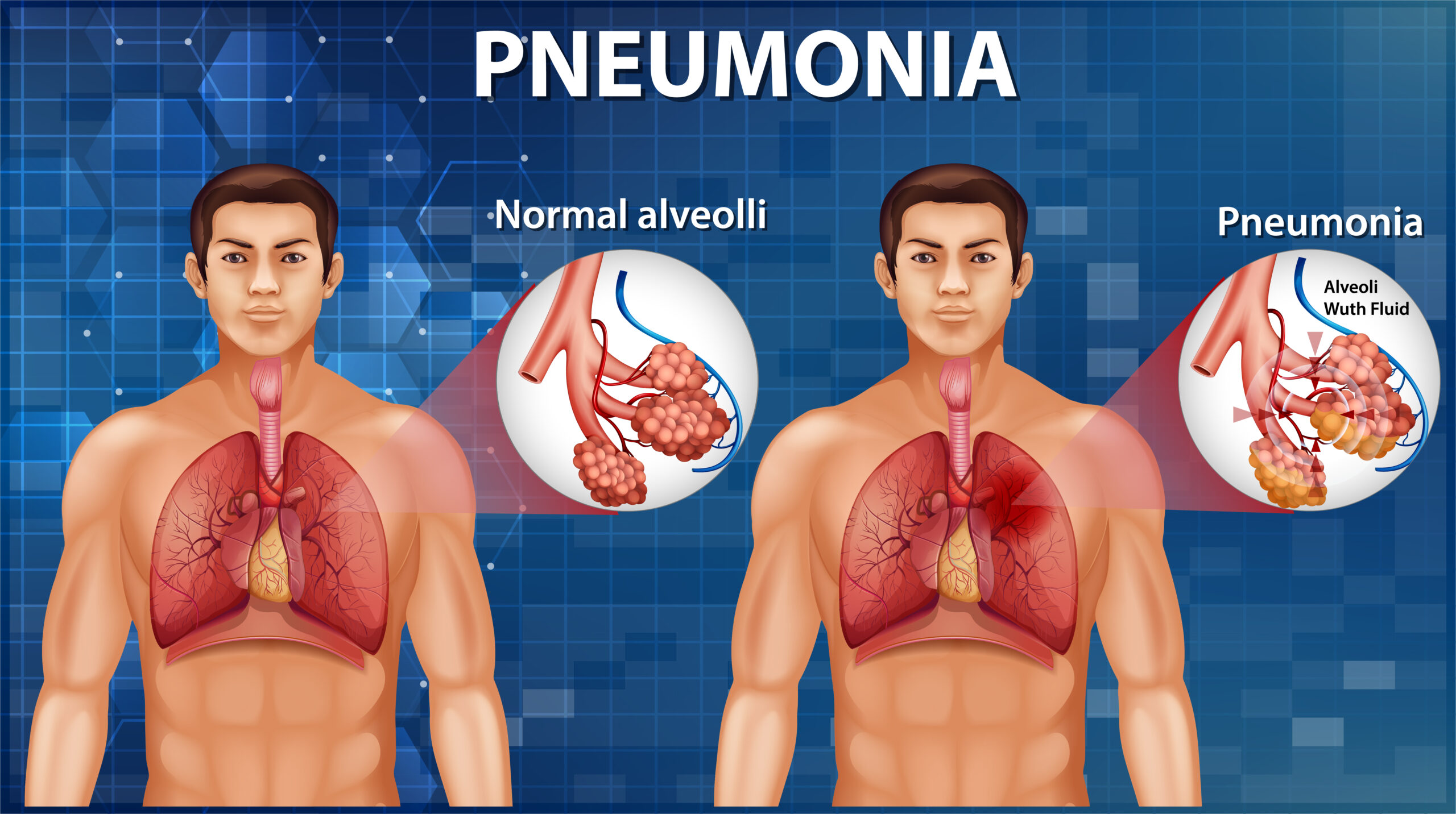Introduction:
Many people now prioritize mental health in today’s hectic society. Although medicine and therapy are popular methods, exercise is a very useful yet sometimes disregarded strategy for enhancing mental health. Certain activities have been shown in studies to dramatically improve mood, lower anxiety, and treat depression. Let’s examine the benefits of physical activity for mental health and the finest activities to elevate your mood.
Table of Contents
How Exercise Improves Mental Health:

Exercise encourages the release of endorphins, sometimes referred to as “feel-good” hormones since they improve pleasure, lessen pain, and foster a sense of wellbeing. Exercise also has the ability to produce more serotonin, which is connected to better mood and sleep, and reduce cortisol, the stress hormone.
Top Exercises to Boost Your Mood:
The following are some of the top activities that have been shown by science to enhance mental health:
a. Aerobic Exercises (Cardio): Exercises that raise heart rate, such as swimming, cycling, and running, cause an endorphin rush. Anxiety and depression symptoms can be considerably reduced by performing three to five sessions of moderate-intensity aerobic exercise for 30 minutes each week.
b. Yoga: Yoga offers a comprehensive approach to mental wellness by fusing physical postures with breathing techniques and meditation. Frequent practice has been demonstrated to enhance mood, encourage relaxation, and lower stress. Certain poses, such as the Child’s Pose and the Corpse Pose, are especially useful for promoting mental calmness.
c. Strength exercise: Resistance exercise, such as weightlifting, can improve mood, self-esteem, and confidence. Research indicates that strength training, even at a modest level of intensity, can reduce anxiety and depressive symptoms by fostering a sense of achievement.
d. Walking in Nature (Ecotherapy): Studies have shown that going for a walk in a natural environment, also known as “green exercise,” can reduce stress and enhance mental clarity. Walking outside may have a major positive impact on one’s mood since it combines the health benefits of exercise with the serene surroundings.
e. Dancing: This kind of physical activity and creative expression can improve mood, reduce stress, and fortify social ties. Dancing, whether done in a social environment or alone at home, increases endorphin levels and promotes emotional release.
Tips for Incorporating Mood-Boosting Exercises into Your Routine:

1-Start Small: Even if you simply have time for a brief yoga session or a ten-minute stroll, start with things you like.
2-Establish sensible objectives: Strive for consistency as opposed to perfection. Workouts that are little and frequent are more effective than those that are severe and rare.
3-Mix It Up: To avoid boredom and keep things interesting, try a variety of activities to see which one works best for you.
4-Pay Attention to Your Body: Exercise ought to be pleasurable rather than draining. Observe your body’s sensations and modify the intensity as necessary.
The Role of Mindfulness in Exercise:

Focusing on the here and now when exercising mindfully entails being aware of your breath, your actions, and your body’s feelings. By bringing you back to the present moment, practices like yoga, tai chi, and even mindful strolling might help you feel less anxious and ruminative.
FREQUIENTLY ASKED QUESTIONS:
How does exercise improve mental health?
Which exercises are best for boosting mood?
How often should I exercise to see mental health benefits?
Can strength training help with anxiety and depression?
What is the role of mindfulness in exercise?
Is walking in nature more beneficial than walking indoors?
Can yoga help with stress and anxiety?
What should I do if I’m new to exercising for mental health?
Do I need to join a gym to improve my mental health through exercise?
How quickly can I expect to see results from exercising for mental health?
Conclusion:
Exercise is a potent, all-natural technique to improve your mood and mental well-being. Your mental health can significantly improve if you include exercises like aerobics, yoga, weight training, and nature walks in your regimen. Remember that the finest benefits come from doing activities you love on a regular basis.
READ MORE ARTICLES:
OTHER ARTICLES:







Excellent read! This blog beautifully highlights how exercise can naturally boost mood and mental well-being. Incorporating activities like aerobics, yoga, weight training, and nature walks into your routine is such a powerful way to enhance mental health. The reminder to choose activities you enjoy and stay consistent is spot on. A must-read for anyone looking to improve their overall well-being